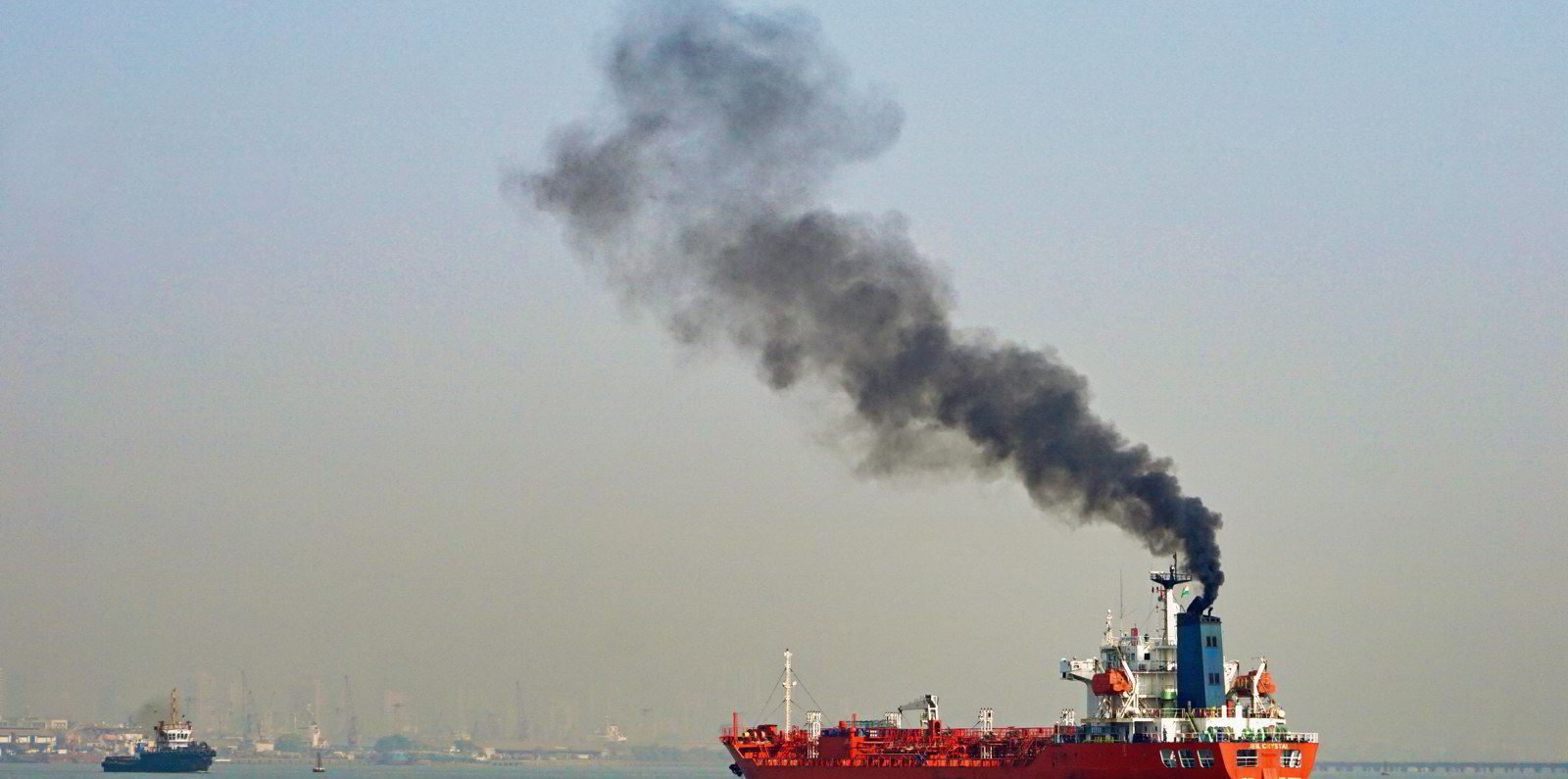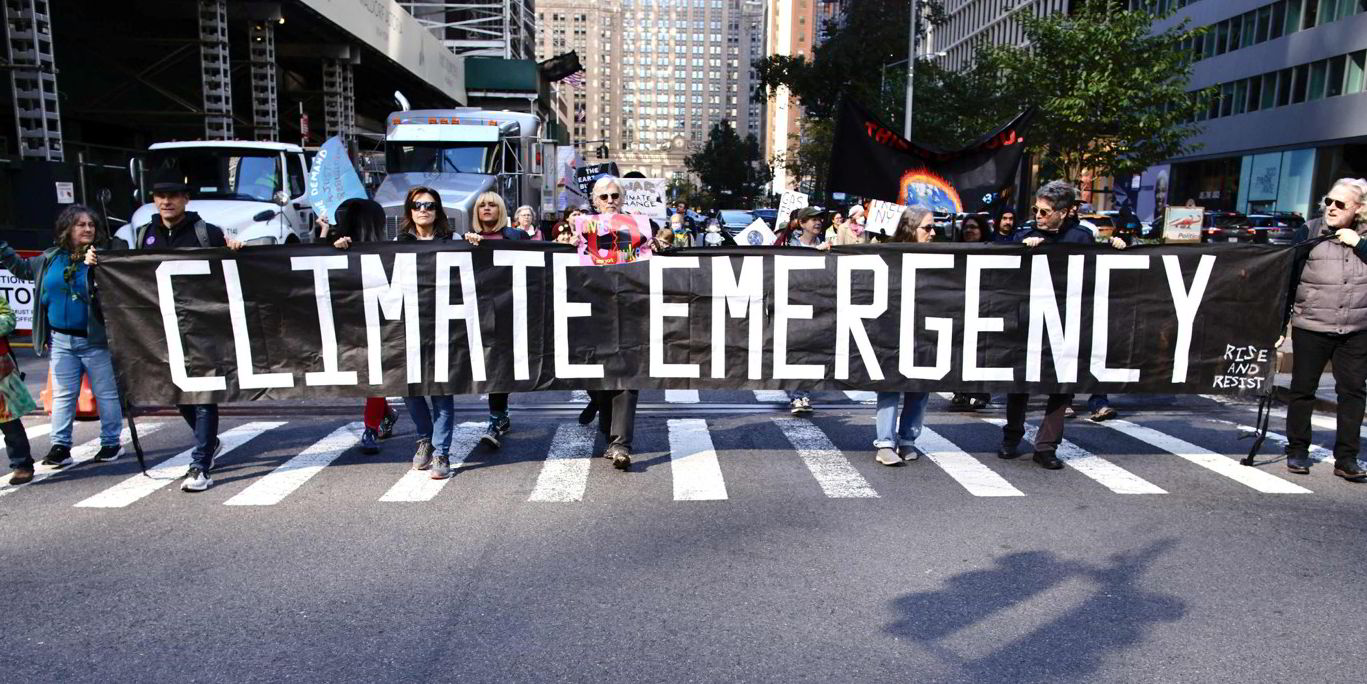Climate change activists could target ships for arrest if owners fail to live up to commitments to cut greenhouse gas emissions, say prominent maritime lawyers.
With environmental-related litigation on the rise, pressure groups are likely to place the industry under ever-closer scrutiny after criticisms of the International Maritime Organization’s target of cutting greenhouse gases by at least 50% by 2050 compared with 2008 levels, according to experts at a seminar in London.
The lawyers said activists could target shipowners that have failed to make proper plans to cut emissions or have over-inflated claims about the steps they are taking.
Groups could identify ports in countries where they have the greatest likelihood of success and turn them into high-publicity events, the seminar on Maritime Decarbonisation & Climate Risks was told.
“Can it be that shipping will be uniquely vulnerable to those actions?” asked Haris Zografakis, a maritime specialist at law firm Stephenson Harwood. “It’s almost like having a dirty factory that moves around the world.”
The 1952 Brussels convention on ship arrests uses broad language that could be adopted by campaigners for climate change litigation, according to Zografakis. The wording includes the potential for personal injury for claims “caused by any ship or occurring in connection with the operation of any ship”.
“I’m not saying that this will happen, what I’m saying is … decarbonisation will be shaped by the courts,” he said.
Researchers have identified more than 2,000 cases of climate change litigation, with groups such as environmental charity ClientEarth finding increasingly innovative ways to hold industries to account for failures to limit emissions.
The energy sector represents about half of the cases brought. Environmental groups won a Dutch ruling in 2021 that ordered Shell to cut its emissions by 45% by 2030.
The supply chain was targeted in a case against a French supermarket over its alleged failure to ensure beef suppliers were not linked to deforestation in the Amazonian rainforest.
It is “perfectly possible” that cases could be brought against the maritime sector “because of concerns that shipping is one of the unspoken-about areas of emissions that the global climate community is starting to pay more attention to,” said Catherine Higham, an analyst at the Grantham Research Institute on Climate Change & the Environment at the London School of Economics.
It’s almost like having a dirty factory that moves around the world
Haris Zografakis
She compared the potential seizure of ships to unsuccessful efforts by campaigners to arrest former British prime minister Tony Blair under international and human rights law because of his role in the 2003 invasion of Iraq.
Lawyers suggested that potential targets for seizures are ships with the lowest D and E scores under the Carbon Intensity Indicator (CII) regulations being introduced next year. CII will rate a vessel’s annual emissions performance.
“Pressure groups take litigation not just for the win, they also do it for the publicity,” said Duncan McGregor, senior legal counsel for energy company SmartestEnergy.
“I can definitely see an activist making that claim and someone’s Friday afternoon being ruined as they have to deal with an arrest of a vessel.”
Other potential targets would be ships from larger fleets where claims about emissions reductions for their fleets did not stand up to scrutiny.
The seminar heard that the focus of campaigners has switched from bringing cases against governments to targeting individual companies and directors.
“It’s increasingly likely that allegations will be made that a company has mis-stated its climate impact,” said Cathal Leigh-Doyle, from Stephenson Harwood.





